Henry and Mary Warner lived in Allegheny City, Pennsylvania, now part of Pittsburgh. They are the great-grandparents of poet Marianne Moore. By the 1860s they had three surviving children: John, Henry, and Annie. Their letters to John, a Presbyterian minister living in Gettysburg, are preserved as part of Marianne Moore’s family papers.
Transcript:
Allegheny City Wednesday July 31st 1816 Front Bedroom 11 ½ A.M.
Our Dear Children, Your kind letter of Saturday reached us yesterday morning, and the package of newspaper last evening—for which we are truly grateful—the ‘world newspapers’ we will (as we read them) return you by mail, that of Little Bethel I read last night and was much interested about the negro opinion of the ‘Unioners.’ I was anxious to see that account. One month, and an half, will bring round the time when we will have the pleasure of seeing you, and if there was a possibility of Jennie coming with you it would add very much to the hilarity of the occasion, this world would be a very dreary world without the sweet influence of good women; On last Sabbath day about 9 ½ A.M. a gentleman from Tennessee brought Anne a letter & some money from Robert, it had been written about six days previous (July 22) Robert is well and is still working off his stock, says nothing about his prospects or our national troubles; 1 ½ P.M. Dinner over—am writing in back bedroom, Mother has just laid down to rest in the front bedroom—the outside shutters are shut of that room, and sashes raised to ventilate, the two children are in Skiles yard playing with their little girls, Anne is sewing in room over the kitchen, your Brother Henry is, I suppose, trying to work off his stock on hands, from every thing we can learn, we feel well satisfied he has no notion of going soldiering; We are all in excellent health and spirits & Mother & Anne seem to be very weak, but Mother is the most done out—I have no news to inform you of, that would interest you, I will send you two Dispatches with this letter, the Dispatch of Yesterday & to-day—on that of yesterday the 30th be sure to read the letter of Rev’d A.M. Stewart—and in the Dispatch of this day you will see an account of the burning of our Splendid Depot belonging to the P.R.R. at the Point. – There are just two things in this world for which you need not fret or vex yourself, and that is, what you can help—and—‘what you cannot help’—when you write or speak the truth on any subject, especially in such a place as Gettysburgh or Pittsburgh—them that cannot bear the truth, will have to make themselves as comfortable as they can under the circumstances; I would say, As to the H.town Cong be as courteous in your demeanor to them as you possibly can, not repulsive, as our old friend James used to be, yet at the same time, “stand up for Jesus.”
Although the clouds look black, and certainly they are very black in the political horizon—there is one blessed consolation we all have if we most sincerely try with all our heart to seek the divine approbation of our kind Heavenly Father—He will give us to know that—“They that be for us, is far more powerful, than They that be against us”—I saw an account the other day or Genl Scotts plan of the war, which was to retain the Army in Virga merely to divert the attention of the rebels, have a slight skirmish with them now & then, drilling the troops when opportunity offered—until, say, October 1st by that time, he would hope to attack them with a powerful naval & military force on the South, East, & West, introduce an army into the south end of the State of Mississippi—disturb the equanimity of the negros there, and while the rebels were busily engaged at so many points, try what he could do with Manassas & Richmond, and if they could not be smoked out, or burnt out, conveniently just let them alone until our boys came North by way of Florida, South & N Carolina, & Georgia—we would find some Union men & Contrabands on our way would help us—Old Scott does not believe in being too hasty to shed blood.—and my poor unintelligent self thinks, that by pursuing this cause it would lead to a general emancipation of the poor downtrodden slave—That Gods word will be placed in their hands, that they will be taught to read it, that they will receive wages for their industry of their hands, that the tears, sobs, & cries of the parting of husbands & wives, parents & children, will no more be heard under the government, owing to the cruel oppression tyrannical & avaricious hand of our fellow man—like emancipation in the British W.I. Islands—That day will arrive some time, and if we continue to fight against a righteous, just, holy & merciful God and persist in cruelty, and injustice to our fellow man we must expect to fall from the lofty and honourable position we at present hold among the nations of the earth—excuse me for taking up your letter with the above, but I have no news that would interest as I said before & when I look on the state of affairs in our beloved land I like to write the sentiments of my mind to those I love—Henry or Anne mislaid my letter paper and as I intended to write but a very short letter, as I had nothing to write about—I commenced this on a leaf out of an old book—kind remembrance to Jennie Mrs Craig & all those we wish well—Jennie and you, we still remember at the family altar Your affectionate father & mother
Henry & Mary Warner
Citation: Henry and Mary Warner, autograph letter signed to John Riddle Warner. Allegheny City [Pittsburgh], 31 July 1861. Moore VI:04:20
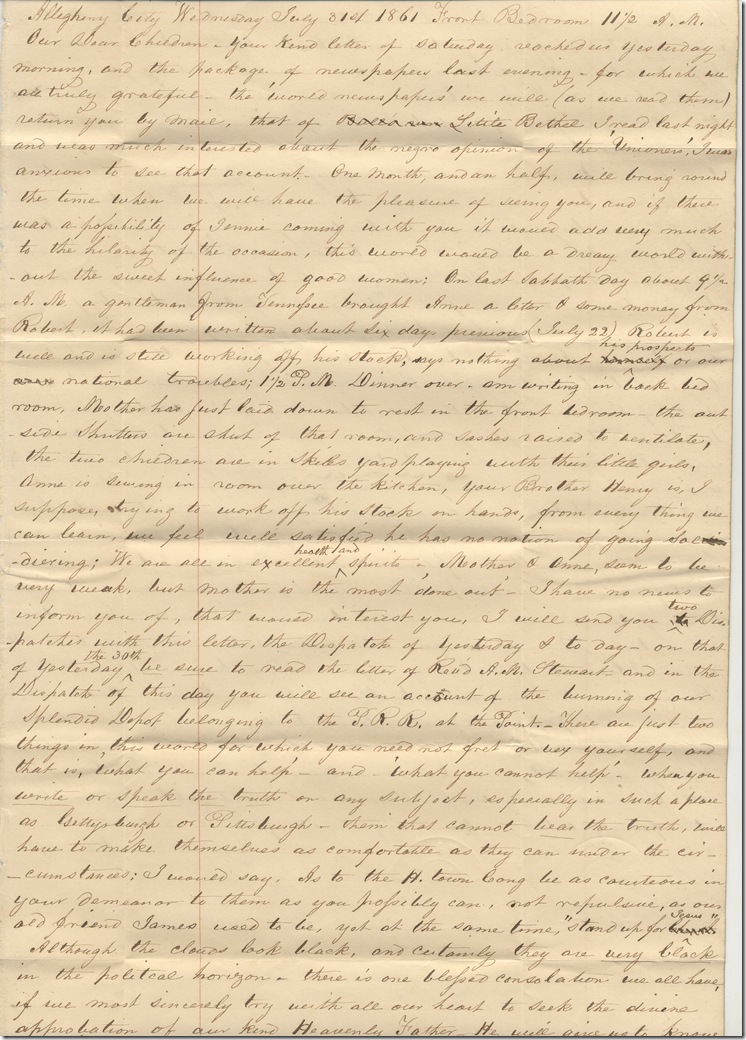
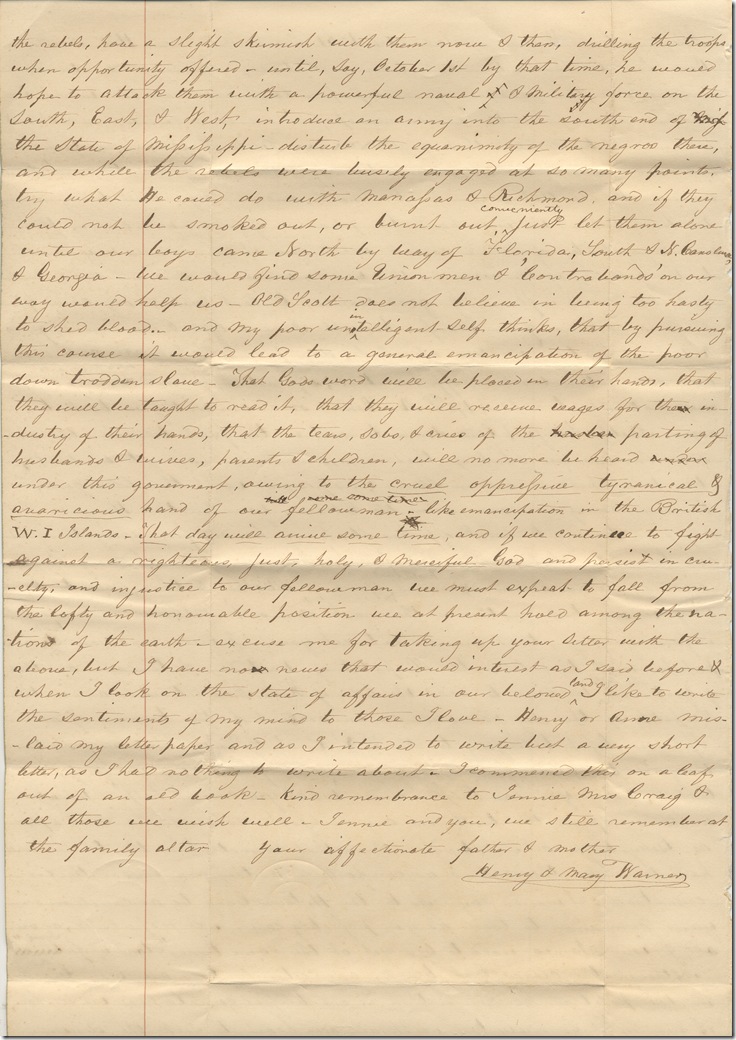
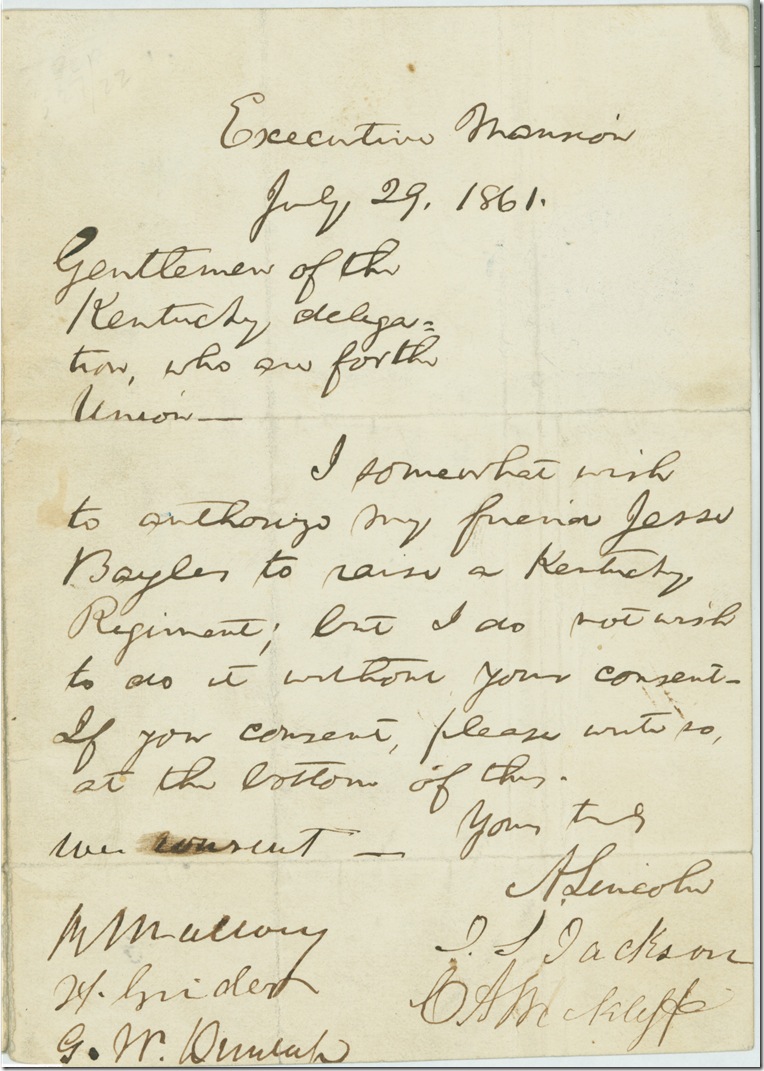
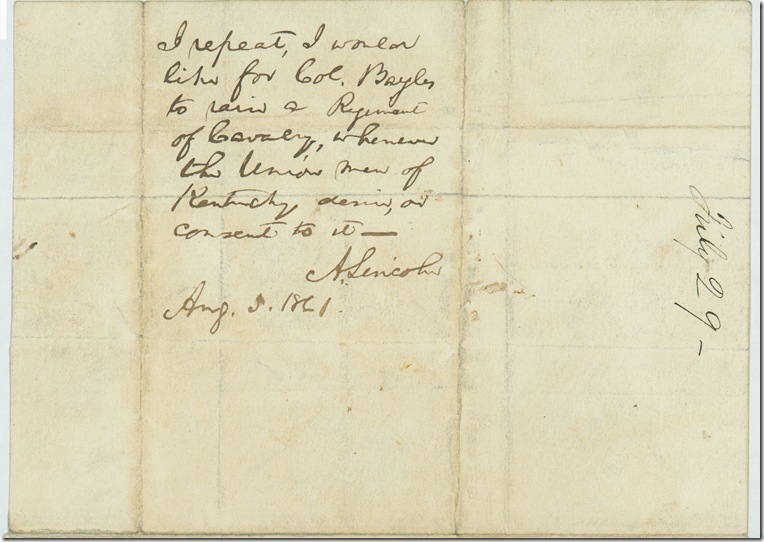
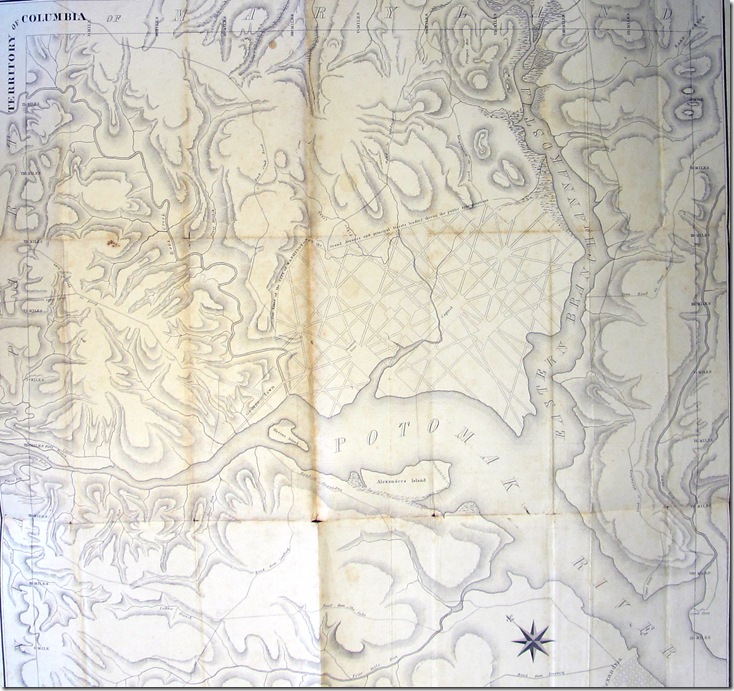

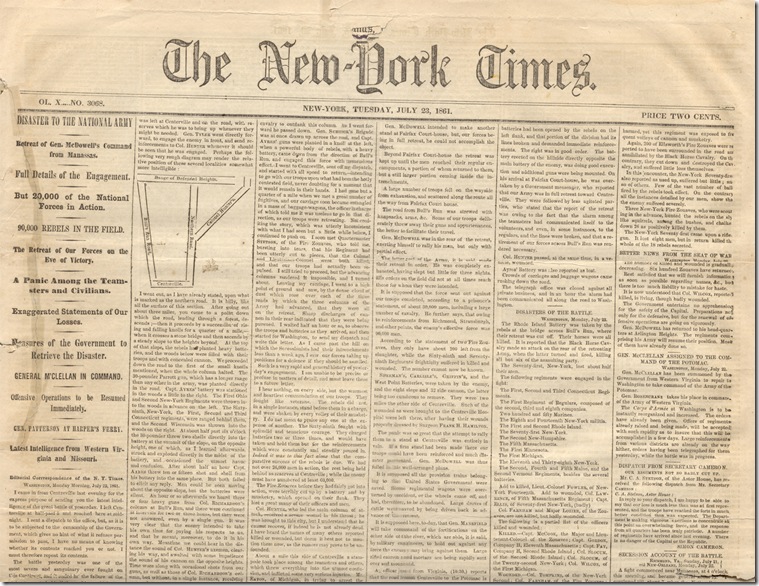
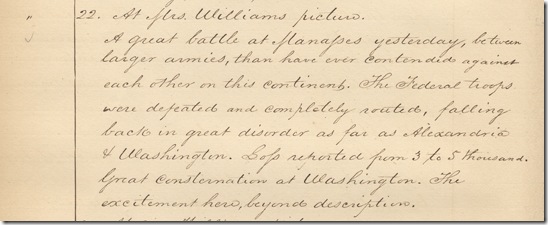
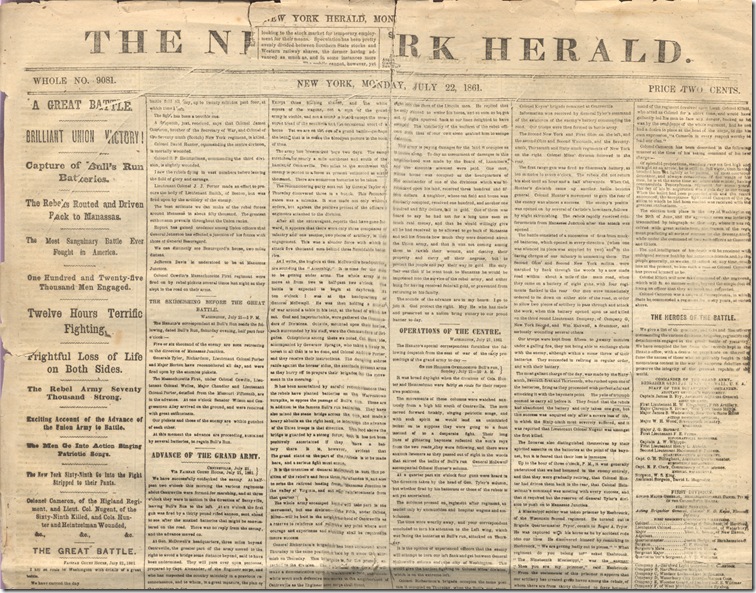
![AMs 356-8 p1 Beauregard's Report of the Battle of Manassa[s] AMs 356-8 p1 Beauregard's Report of the Battle of Manassa[s]](http://civilwar.rosenbach.org/wp-content/uploads/2011/03/AMs3568p1BeauregardsReportoftheBattleofManassas_thumb.jpg)

